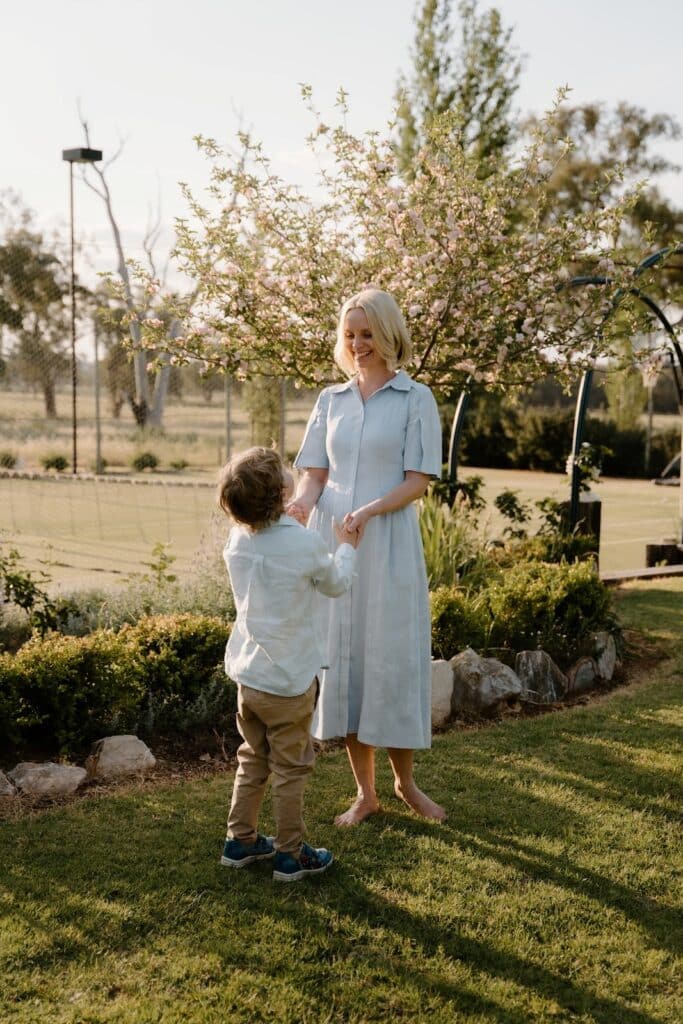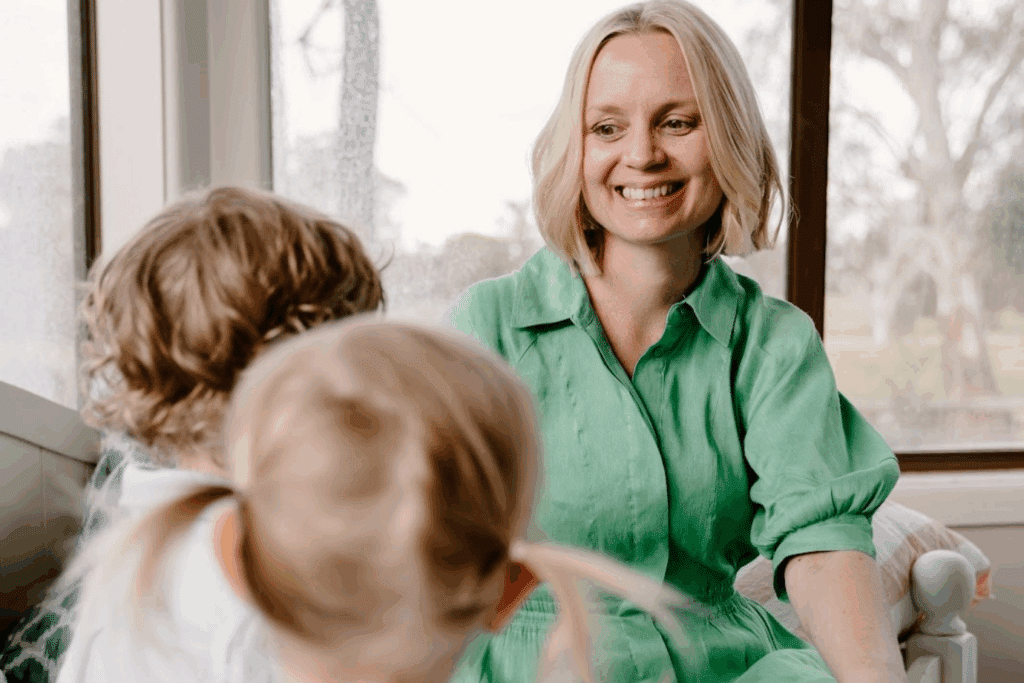We are in the midst of a paediatric health emergency and as a psychologist who works with families every day, I can say with certainty that women in particular are bearing the brunt.
Right now, thousands of children across Australia are waiting months, sometimes years, for a diagnosis of ADHD and other neurodevelopmental conditions, and when families finally do get a diagnosis, they hit another wall: critical medication shortages and then navigating the education system with minimal support.
The reality breaks my heart. I’ve spoken to families who drive four hours or more to reach an available practitioner. I’ve seen parents rationing their own medication so their children don’t go without. I’ve heard of dangerous informal pill-swapping networks emerging as people grow desperate to get through each day.
This isn’t one family’s story. It’s a national health crisis playing out in homes, schools, and pharmacies everywhere, especially in regional areas where the gaps are widest.
The ADHD medication shortage that began late last year has created a perfect storm: Increasing demand, supply issues, and a stretched healthcare system with no backup plan. The Therapeutic Goods Administration warns the shortage could continue until year’s end, a timeline that feels impossible for families relying on these medications.
Now GPs can diagnose and prescribe ADHD medications. Sounds like progress, right? It’s a bandaid on a bullet wound. While it might help some families, the reality is GPs are experiencing their own shortage with many practices closing their books to new patients. And here’s what nobody’s talking about: this change is going to make the medication shortage catastrophically worse.
Think about it logically. You suddenly expand the pool of prescribers without fixing supply chain issues. More diagnoses mean more prescriptions, which means even greater demand for medications that are already impossible to find. We’re already seeing families finally get their diagnosis, only to discover their local pharmacy has been out of stock for months.
Don’t get me wrong. I’m not against GPs diagnosing ADHD, it’s a step in the right direction. But rolling this out without addressing the medication supply crisis first? That’s like opening more taps when the water tank is already empty.
At Macquarie Health Collective, we’re watching demand from distressed families skyrocket and it’s needed an out of the box solution.
As a psychologist, I’m not usually in the business of hiring teachers, but that’s exactly what I’ve done. Three teachers are working alongside our clinical team with families and directly with schools to better support their needs.
Our goal is to prevent children from being written off as “too naughty” or “too hard” when all they actually need is help with structure, understanding, and support.
This matters because we’re seeing kids as young as five suspended or expelled in their first school term, and with classrooms at capacity, teachers are doing all they can but are struggling to keep up, and children with additional needs suffer.
These aren’t bad kids. These are kids who need help, and we’re failing them. Having teachers on staff means we can offer practical classroom strategies while helping schools understand these children’s medical and developmental needs.

Australia claims to have a world-class health system. For families with children needing neurodevelopmental support, particularly in regional areas outside our big cities, it doesn’t feel that way. Distance, long waitlists, and patchy access are pushing families to breaking point.
We need urgent, coordinated action at every government level. Not policy tweaks, but structural reform. This means investing in teams that bridge health and education, ensuring reliable medication supplies, and creating support pathways regardless of postcode.
No child should go without support because of where they live, their parents’ income, or whether the local pharmacy has stock. We’re watching a generation fall through the cracks. Unless we act now with the comprehensive, cross-sector approach this crisis demands, we’ll be dealing with consequences for years to come.
Become a Women’s Agenda Foundation member and support our work! We are 100% independent and women-owned. Every day, we cover the news from a women’s perspective, advocating for women’s safety, economic security, health and opportunities. Foundation memberships are currently just $5 a month.
Bonus: you’ll receive our weekly editor’s wrap of the key stories to know every Saturday.


